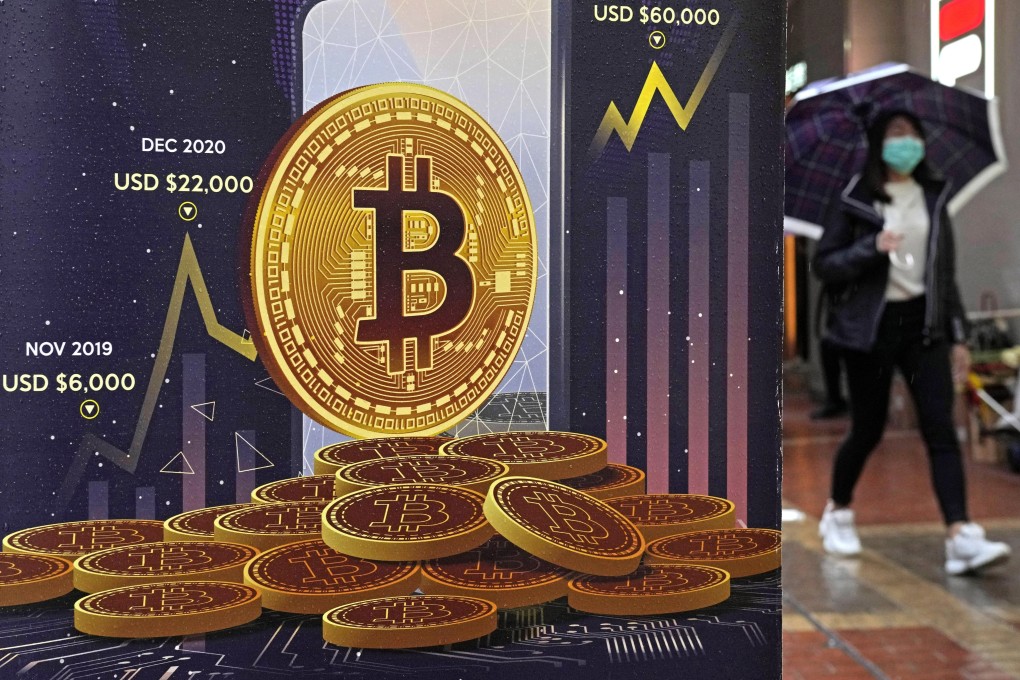Opinion | Law governing cryptocurrency will boost Hong Kong’s leap into virtual asset market
- Clarity and a comprehensive regulatory framework will support participation in virtual assets
- It will also bring their providers, such as cryptocurrency exchanges, into the mainstream of Hong Kong’s financial services sector

Hong Kong’s long-anticipated law governing cryptocurrency has finally been put before the Legislative Council, with the first and second readings of the Anti-Money Laundering and Counter-Terrorist Financing (Amendment) Bill 2022.
This package of regulatory and statutory measures signals a significant mainstreaming of cryptocurrency within Hong Kong’s financial services sector, with virtual assets governed under rules similar to those in traditional financial markets.
This matters. For one, financial services regulations work to further investor protection. These customer protection-like mechanisms help to boost investor confidence and participation in the ecosystem.
Secondly, institutional investors are very much at home operating in regulated markets. Banks and financial services firms invest heavily in operating compliance functions that integrate within rules-based systems developed by financial regulators. Many of these institutions will await regulatory clarity before opting to participate in a new market.
Arguably, the lack of a comprehensive legal and regulatory framework has held back Hong Kong’s opportunities in virtual assets. In the recent Bitstamp cryptocurrency Pulse Report, institutional investors in Hong Kong surveyed over the first quarter of this year conferred a high trust rating of over 61 per cent in cryptocurrency. However, a third of Hong Kong’s institutional investors cited the lack of regulation as a concern.
